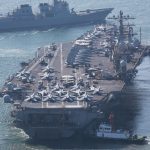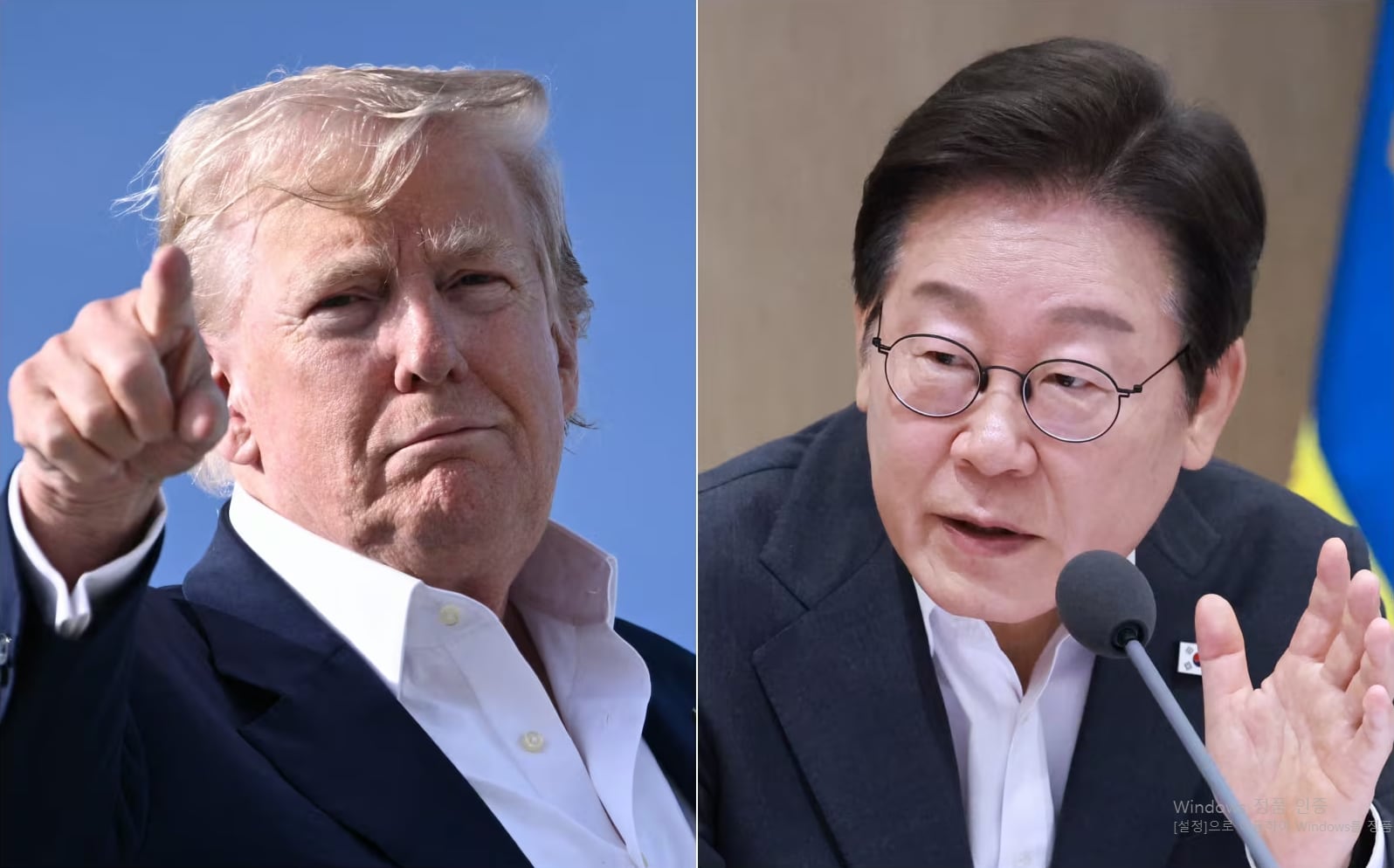Key Developments in South Korea This Week
South Korea experienced a range of significant events this week, from major trade agreements to internal corporate restructuring and diplomatic shifts. Here’s a detailed look at the most notable developments.
U.S.-South Korea Trade Deal Finalized
On July 30, U.S. President Donald Trump announced on Truth Social that a new trade agreement between the United States and South Korea had been finalized. The deal reduces planned tariffs from 25% to 15%, set to take effect on August 1. This follows discussions with high-level South Korean officials, including Deputy Prime Minister and Finance Minister Koo Yun-cheol and Industry Minister Kim Jung-kwan. Trump emphasized that South Korea would invest $350 billion in the U.S., including $100 billion in natural gas and other energy products, with the investments to be selected by him. He also mentioned an upcoming meeting with South Korean President Lee Jae-myung to discuss further details. This agreement mirrors a similar pact with Japan, which involved $550 billion in investments and reduced tariffs.
Samsung’s Semiconductor Division Faces Sharp Profit Decline
Samsung Electronics reported a 94% drop in Q2 operating profit from its semiconductor division, primarily due to inventory write-downs, despite steady server memory sales. The group’s overall operating profit fell by 55.23% to 4.67 trillion won ($3.4 billion), while net profit dropped 48.01% to 5.11 trillion won. Revenue increased slightly by 0.67% to 74.56 trillion won ($53 billion). Chip sales declined by 2%, attributed to unsold stock, and foundry earnings remained weak due to low utilization. However, the smartphone and network unit saw a 40.9% increase in operating profit to 3.1 trillion won, driven by strong Galaxy S25 and A-series sales and overseas demand.
Prosecutor’s Raid on Joint U.S.-South Korea Base Sparks Concerns
A special prosecutor in South Korea, investigating the December 3 martial law conspiracy, conducted an unannounced search of Osan Air Base, a facility jointly operated by U.S. Forces Korea and the South Korean Air Force. The raid targeted the Air Force’s Master Control and Reporting Center (MCRC) to investigate a suspected 2024 unmanned infiltration by South Korea’s Drone Operations Command. The lack of prior notification raised concerns about potential violations of the Status of Forces Agreement (SOFA) and alliance norms, especially amid ongoing sensitive U.S.-South Korea trade and defense talks.
SK Innovation Merges EV Units to Strengthen Financial Position
SK Innovation announced on July 30 that it will merge its two core electric vehicle (EV) subsidiaries—SK On Co., its battery unit, and SK Enmove Co., a manufacturer of EV lubricants and thermal solutions—to enhance efficiency and financial stability. SK On, which owns 87% of SK Enmove, will absorb the subsidiary at a fixed merger ratio of 1 to 1.6616742. The merger, delayed due to investor opposition, proceeded after SK Innovation repurchased the remaining 30% stake in SK Enmove. Post-merger, SK On expects capital to rise to 1.7 trillion won ($1.2 billion) and EBITDA to reach 800 billion won ($578 million) in 2025, with long-term goals of surpassing 10 trillion won ($7.2 billion) in EBITDA and reducing its debt ratio below 100% by 2030.
Seoul Faces Diplomatic Vacuum as Envoys Are Recalled
Amid rising global tensions following U.S. tariff hikes, South Korea is facing a diplomatic vacuum as over 30 special envoys appointed under former President Yoon Suk-yeol were recalled by President Lee Jae-myung. For the first time in modern history, ambassadorial posts to the U.S., Japan, Russia, and China are simultaneously vacant. Ambassadors to the UN, UK, France, Israel, UAE, and Hungary were also recalled without immediate successors, raising concerns about the prolonged absence of top diplomats and its impact on Seoul’s access to intelligence and global standing.
Tesla CEO Confirms Partnership with Samsung
Tesla CEO Elon Musk confirmed a partnership with Samsung Electronics, highlighting their technological capabilities during a recent call with the company’s leadership. Musk revealed on July 29 that he held a video call with Chairman Lee Jae-yong to discuss what a “real partnership” would entail. This comes after Samsung signed an eight-year chip foundry deal with Tesla worth 22.76 trillion won ($16.5 billion), with Musk stating the figure is a minimum and actual output could be much higher. Industry experts view this agreement as a potential breakthrough for Samsung’s struggling foundry business, as both companies explore broader collaboration models akin to Nvidia and TSMC.
North Korea Signals Preference for Direct Talks with the U.S.
Kim Yo-jong, sister of North Korean leader Kim Jong-un and deputy director of the ruling Workers’ Party, acknowledged in a July 29 statement that the personal relationship between Kim Jong-un and the U.S. president “is not bad.” In her first message to Seoul since the launch of the Lee Jae-myung administration, she stated, “There is no reason to engage with South Korea.” Experts interpret these statements as a sign that North Korea aims to bypass Seoul and deal directly with Washington, seeking more concessions from both countries.










